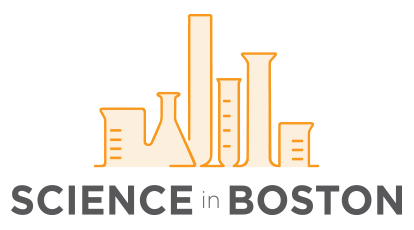This week we profile a recent publication in mBio from Jeffrey Quigley in the laboratory
of Dr. Kim Lewis (pictured, bottom right) at Northeastern University.
Can you provide a brief overview of your lab’s current research focus?
At the Antimicrobial Discovery Center we study persister cells, Lyme Disease, and have an active natural products drug discovery program. In our recent mBio paper, we utilized our expertise in natural product drug discovery to identify novel antibiotics effective against the important human pathogen Mycobacterium tuberculosis.
What is the significance of the findings in this publication?
Decreasing discovery rates and increasing resistance have underscored the need for novel therapeutic options to treat Mycobacterium tuberculosis infection. In this work, we screen extracts from previously uncultured soil microbes for specific activity against Mycobacterium tuberculosis, identifying three novel compounds. We further define the mechanism of action of one compound, amycobactin, and demonstrate that it inhibits protein secretion through the Sec translocation machinery.
What are the next steps for this research?
Moving forward, amycobactin will be further optimized to advance the compound beyond the hit stage and assess its viability as a lead compound. Additionally, its inhibition of protein secretion makes it an attractive tool to study the essential Sec translocation machinery and its contribution to virulence.
This work was funded by:
The work presented was funded by the National Institutes of Health and the Bill and Melinda Gates Foundation.

